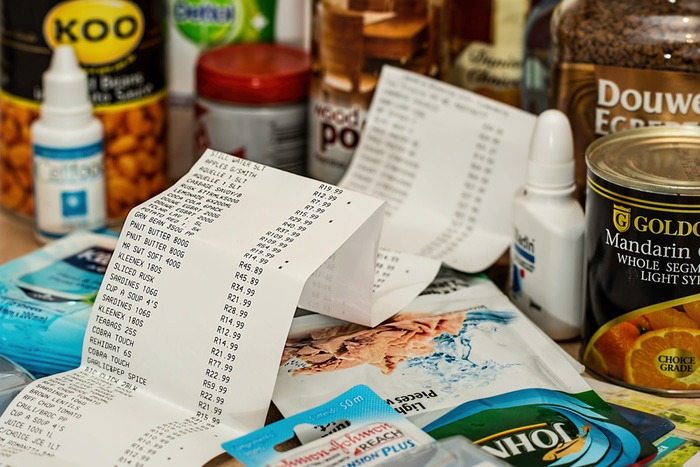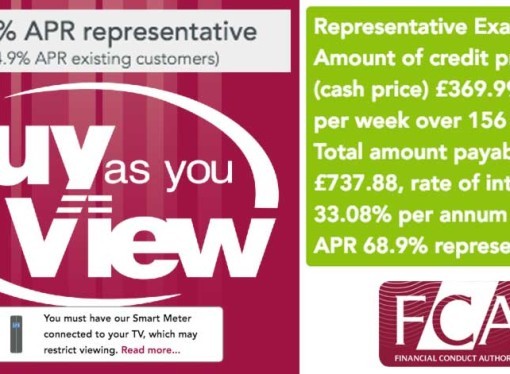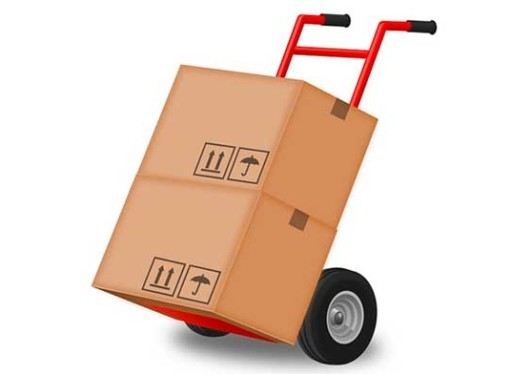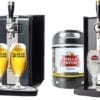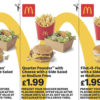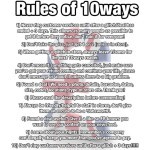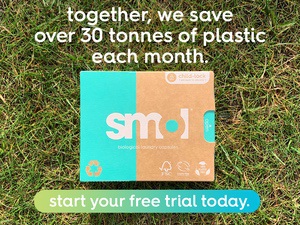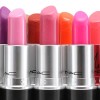Saving money when it comes to your grocery shopping can often feel like something of an uphill struggle. Whether you’re simply buying food for yourself or trying to feed an entire family, your weekly shopping bill is likely to be one of your biggest expenses. What’s more, if you’re trying to live well and eat a nutritionally balanced diet, you may well find that the cost of eating soars even higher than ever before.
So, what on earth can you do? While there are many ways to save money in on your shopping, you have to take real care here. Supermarkets play tricks on customers to make sure that they spend as much as possible. That means that you often walk out having spent way more than you could have expected to. Nightmare.
One of the ways in which you may wish to save some of your hard-earned pennies is to opt to buy food items that are slightly passed their ‘Best Before’ dates. While this may sound like a recipe for disaster, there’s actually nothing wrong with eating things after this particular date and, what’s more, doing so could mean that you end up saving yourself a whole load of money, in the long run.

Just last year, bargain-hunting Brits managed to save themselves a whopping £6.6 million by using this handy little hack, according to a recent survey. The data comes from a recent report by online retailer, Approved Food, which sells food and household products that are either near their ‘Best Before’ dates or even after them.
“It’s really great to see the kind of savings people are making by taking a sensible approach to food labelling,” explained Dan Cluderay, founder of Approved Food. “Our hope is that word will spread about initiatives such as ours so more people around the country can benefit from the huge savings to be made by using this approach to shopping while also reducing the levels of food waste in the UK.”
So, who among us saved the most by trying this in 2017? Well, the research found that those living in the South had the most to gain. People in Essex saved around £375,380 last year, while those in London saved around £285,580. The only two northern destinations to feature on the ten top savers list were Lancashire, where people saved £242,000, and West Yorkshire, where savings of £184,000 were made.
“We are acutely aware of the financial difficulties that many people presently face in this country. We also know that Britons have always found clever and ingenious ways of making it through hard times,” continued Cluderay.
“With one third of all food produced globally thrown out before it is eaten, we at Approved Food feel it is time to recognise the role that shops and supermarkets play in that wastage, and attempt to let people know that with a little understanding about what ‘Best Before’ actually means, there are millions of pounds of savings out there to be had.”

Since many low-income families in the UK struggle to literally put food on the table, this hack could go some way to helping people cope with the problem. Buying big brand names at full RRP means that many of us have very little left over after doing our weekly shopping trip. While we may have come to accept some of the highest prices, it’s quite possibly time that we changed our ways and looked at how we could reduce the costs.
Still, the idea of eating food that is after it’s ‘Best Before’ or ‘Best By’ date may well turn your stomach. After all, none of us want to take the risk of noshing down on food that is going to make us ill. That’s why you need to know one small, simple thing – ’Best Before’ dates are not the same as ‘Use By’ dates.
Many people are under the impression that these two things are interchangeable, that’s not the case! Here’s what you need to know before you go ahead and do your shopping:
What are ‘Use By’ dates?
Most often, you will see ‘Use By’ dates on fresh, spoilable items that tend to have a kind of short shelf-life. For example, many dairy products, meats, and salads may have this particular note on them when you buy them. The reason that these things have this date on them is that using them after these dates could turn out to be something of a real health risk. They have to legally carry this date so that people know not to eat them after a certain point.
You should not eat food when it is past its ‘Use By’ date, regardless of how it looks or, indeed, smells. While, on the surface, it may appear that there is absolutely nothing wrong with the product, eating it after this date could play havoc with your health. It’s not worth the risk and you should always throw these things out as soon as possible.

In many cases, the only possible way in which you can extend the ‘Use By’ date is to freeze the item before you find that it hits the date. Of course, this is not possible in all cases. Be sure to check the label of your food items before freezing them to make sure that they can a) be frozen and b) be cooked safely from frozen. That way, you may find that you can extend their life for a while.
Other than that, the NHS suggest, that you should always abide by the ‘Use By’ date at all times so that you don’t end up harming your health. For that reason, it’s important that you pay attention to this little date and make sure that you always follow it. It’s really not worth gambling your health for the sake of saving yourself a few quid here and there.
You may also like:
- Revealed: The Best Money Saving Cookery Tips
- I’ve purchased something ‘out of date’
- Reduced to clear explained
What are ‘Best Before’ dates?
On the other hand, ‘Best Before’ or ‘Best By’ dates are another thing entirely. They shouldn’t be confused with the likes of ‘Use By’ dates as they have nothing to do with safety at all. That means that eating something outside of its ‘Best Before’ date period is not at all dangerous and shouldn’t have any implications when it comes to your health.
A lot of people fail to understand this, and so just avoid things that appear to be out of date, even when it’s merely a suggestion of when something should be eaten. Usually, you will find ‘Best Before’ dates on foods, such as tinned items, dried food, frozen meals, and other things that can stay edible for longer.
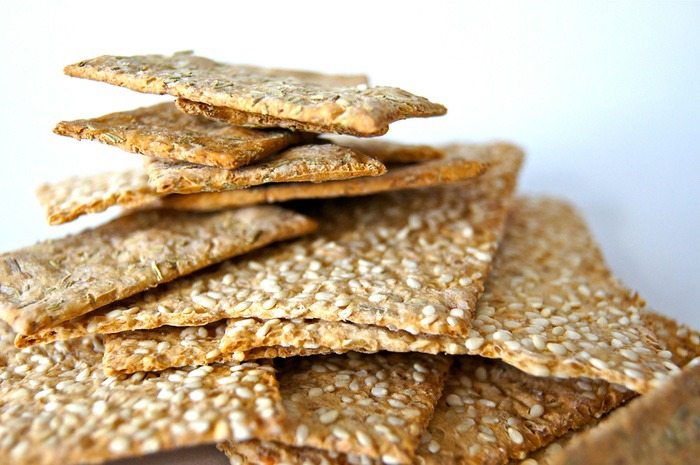
Each and every year, Brits throw away a whopping 7.2m tonnes of food and drink because they think that you can’t consume things after this date. Since, as we’ve already discussed here, many find it hard to cover the costs of eating and drinking, this is a truly significant amount of wastage. The truth of the matter is that many people could likely save themselves money if they knew what is safe to eat and what is not.

So, what does the ‘Best Before’ date actually mean? Well, rather than being a health warning, this is a guideline for quality. That means that the authorities believe that the products will be at their highest quality before this given date. While you should store the food items as suggested on each label, you can use your own judgement on when it’s safe to eat and when it is not.
So, where should you start?
If you’re looking to save yourself some money when it comes to your food shopping, eating food outside of its ‘Best Before’ date could be the answer. When doing so, you should make sure that the food looks as though it’s in good condition, i.e. that it’s not mouldy or too soft. Often enough, you will find that crisps in particular get very soft when they pass their ‘Best Before’ date, which may not be entirely pleasant. It’s worth testing out different things and making sure that you know what you’re eating.
Equally, it’s worth knowing that you can always buy food when it’s already past its ‘Best Before’ date. Some supermarkets will sell items like this in their reduced section. On the other hand, services like Approved Food also have a system that allows you to order these items online so that they come right to your door. When it comes to tinned food, dried food, and the like, it may make sense to go this way!
So, what are you waiting for? Take a look around your local supermarkets or online now. Doing so could save you a whole load of money and means that you will hardly notice the difference! It’s all about picking the right items for you and seeing how they work for you. What could be better than that?


